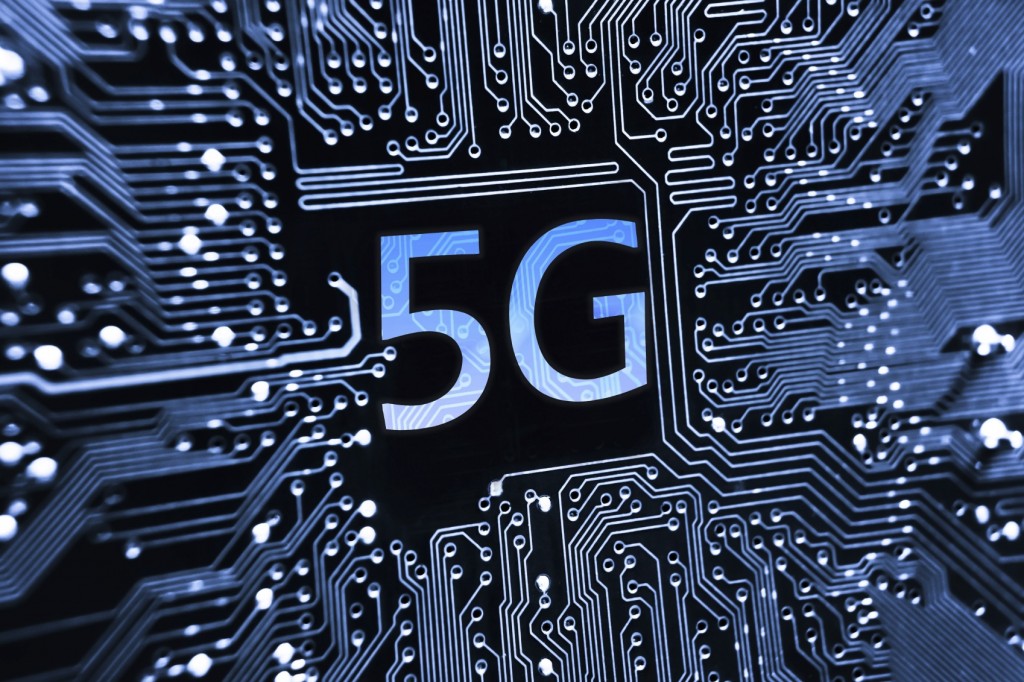The EU and Brazil today signed an agreement to develop 5G, the next generation of communication networks. The Commission also started work on an action plan to deploy the technology in the EU by 2020.
In the future, everybody and everything will use 5G. By 2020, there will be 26 billion connected devices and 70 percent of people will own a smartphone. 5G will be the backbone of the EU Digital Single Market, industries of the future, modern public services and innovative applications such as connected cars, smart homes or mobile health services. To face this global challenge, the EU joins forces with Brazil to strengthen cooperation in this strategic area and to make sure that 5G does not develop in silos at the international level. The EU and Brazil, which are close trading partners, have been cooperating on information and communication technologies since 2008.
European Commissioner for the Digital Economy and Society Günther H. Oettinger and Brazilian Minister of Communications André Figueiredo today signed a joint declaration at the Mobile World Congress (MWC) in Barcelona. This agreement follows similar key cooperation initiatives with South Korea, Japan and China.
Vice-President Ansip, responsible for the Digital Single Market said: “I congratulate colleagues for this important new step in pushing for 5G at global level. This is about essential technology to ensure connectivity. But it is also about building trust and confidence in online services and creating the right conditions for the technology to be deployed across borders. Spectrum coordination is essential to make 5G happen.” (See also his keynote speech given at the MWC yesterday)
Günther H. Oettinger, in charge of the Digital Economy and Society, said: “After landmark agreements with China, Japan and South Korea, today’s cooperation initiative with Brazil is a new key step towards 5G. Neither Europe, nor Brazil can afford to lag behind in the digital era. With today’s agreement we have notably committed to cooperating on the take-up of 5G in so-called vertical industries such as transport or energy. International agreements are complementary to our efforts to deploy the technology in the EU and the work we are starting today to prepare a 5G action plan for the EU”. (See also his keynote speech given this morning).
The EU and Brazil have committed to developing a global definition of 5G and to identifying the services (for example connected cars, the Internet of Things or very high-definition video streaming) which should be the first delivered by 5G networks. The two partners will also work to define common standards in order to have a stronger position on the global stage. They will cooperate in identifying the most promising radio frequencies to meet the additional spectrum requirements for 5G, especially in the framework of the International Telecommunication Union (ITU). In addition, they will promote the deployment of 5G in fields like smart cities, agro-food, education, health, transport or energy as well as possibilities for joint research projects in this area.
Cooperation agreements are also being discussed with India and the United States.
Towards an action plan to deploy 5G in the EU
5G will be a game changer not only for telecom companies but also for a number of key industries. This is why it is essential to connect these actors and help build the future market of 5G products and services. Today in Barcelona, Commissioner Oettinger called on sectors like logistics, transport, energy, health and digital manufacturing to work together with the Commission on a 5G action plan. It is important to think together on the measures, timetable and investment incentives needed to rollout essential 5G infrastructure in the EU. The aim is to build on EU investments already planned in 5G research and innovation – €700 million by 2020 – so that European companies are ready to start offering 5G products and services in 2020 (blog post by Commissioner Oettinger).
The Commission has recently made an important step to pave the way for 5G in the EU. Earlier this month, the Commission presented a proposal to coordinate the use of the 700 MHz band for mobile services (press release). Mobile operators using the 700 MHz band will be able to offer higher-speed and higher-quality broadband (i.e. without service interruption) to consumers and cover wider areas, including rural and remote regions. It will enable Europe to move ahead and provide mobile broadband speeds beyond 100 Mb/s and catch up with leading regions in 4G mobile broadband take-up (like South Korea or the USA). As soon as specific 5G standards and associated technology and equipment are available by 2020, mobile operators will be in a good position to roll out 5G services. Further steps to coordinate spectrum in the EU will be part of the forthcoming review of EU telecoms rulesforeseen for autumn 2016.
Background
The Commission has been cooperating with Brazil on Information and Communication Technologies (ICT) since 2008. An EU-Brazil joint call inthe ICT work programme 2016-2017 under the EU’s Horizon 2020 research and innovation programme will set up joint projects on 5G and also facilitate policy coordination in related areas between the EU and Brazil.
In December 2013, the Commission launched a Public-Private Partnership on 5G(press release – factsheet). The EU is investing €700 million by 2020 in this partnership under Horizon 2020. EU industry is set to match this investment by up to 5 times, to more than €3 billion euros.
